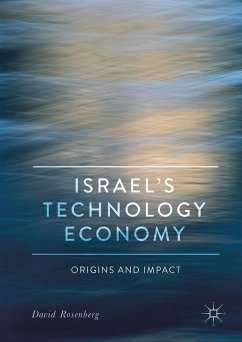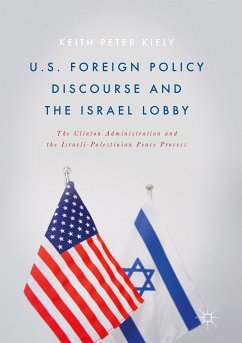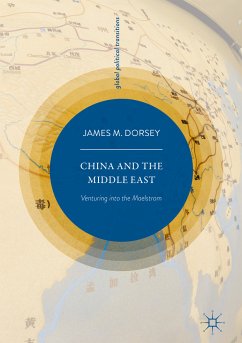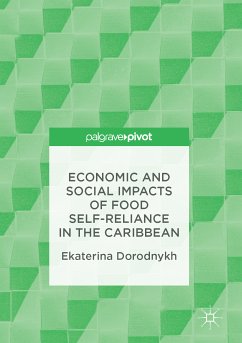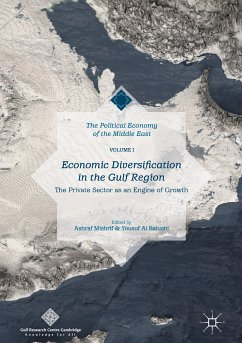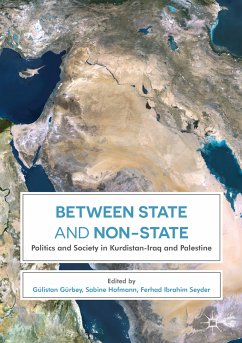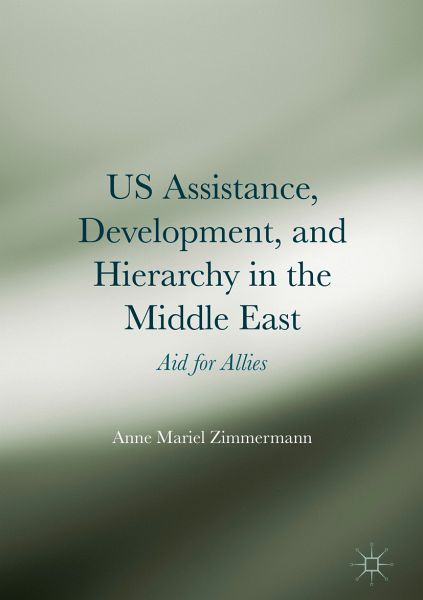
US Assistance, Development, and Hierarchy in the Middle East (eBook, PDF)
Aid for Allies
Versandkostenfrei!
Sofort per Download lieferbar
90,95 €
inkl. MwSt.
Weitere Ausgaben:

PAYBACK Punkte
45 °P sammeln!
What does US aid "buy" in the Middle East? Drawing on extensive primary source research, this book examines the role and consequences of US aid to three countries in the Middle East. The author argues that the political survival strategies of incumbent leaders in Egypt, Israel, and Jordan shaped not only the type of aid that these countries received from the US, but also its developmental and geopolitical impact. Leaders who relied heavily on distributing selective benefits to their ruling coalitions were more likely to receive forms of US aid that complemented their distributive political eco...
What does US aid "buy" in the Middle East? Drawing on extensive primary source research, this book examines the role and consequences of US aid to three countries in the Middle East. The author argues that the political survival strategies of incumbent leaders in Egypt, Israel, and Jordan shaped not only the type of aid that these countries received from the US, but also its developmental and geopolitical impact. Leaders who relied heavily on distributing selective benefits to their ruling coalitions were more likely to receive forms of US aid that complemented their distributive political economies and undermined the state's developmental capacity, which simultaneously rendered them more dependent on US resources, and more likely to cede fragments of their sovereignty to their major donor. Non-distributive leaders, however, could reap the full benefits of highly discretionary and technologically sophisticated aid, incorporating it into developmental policies that rendered them progressively less dependent on Washington-and better able to say "no" when it was in their best interest.
Dieser Download kann aus rechtlichen Gründen nur mit Rechnungsadresse in A, B, BG, CY, CZ, D, DK, EW, E, FIN, F, GR, HR, H, IRL, I, LT, L, LR, M, NL, PL, P, R, S, SLO, SK ausgeliefert werden.



